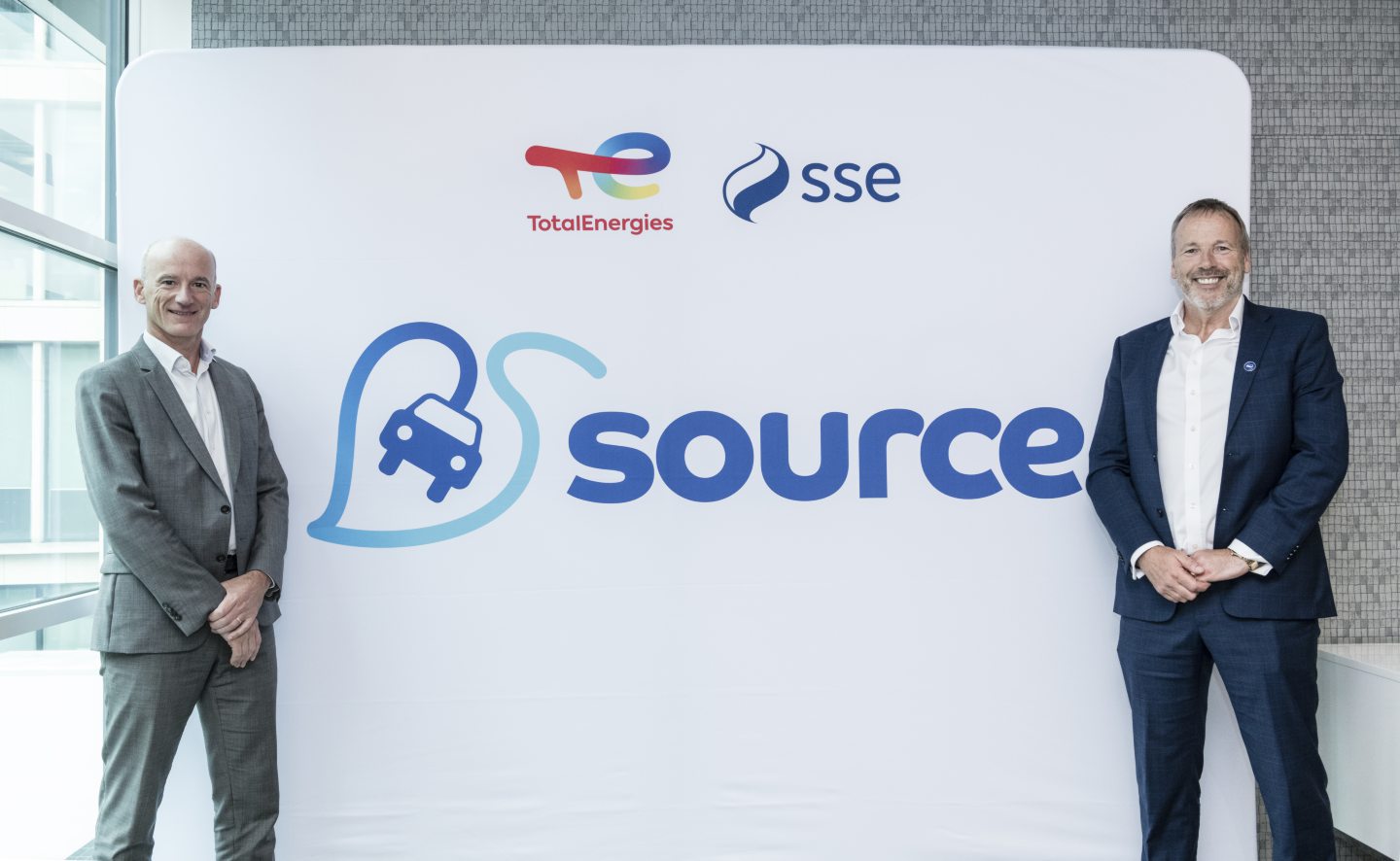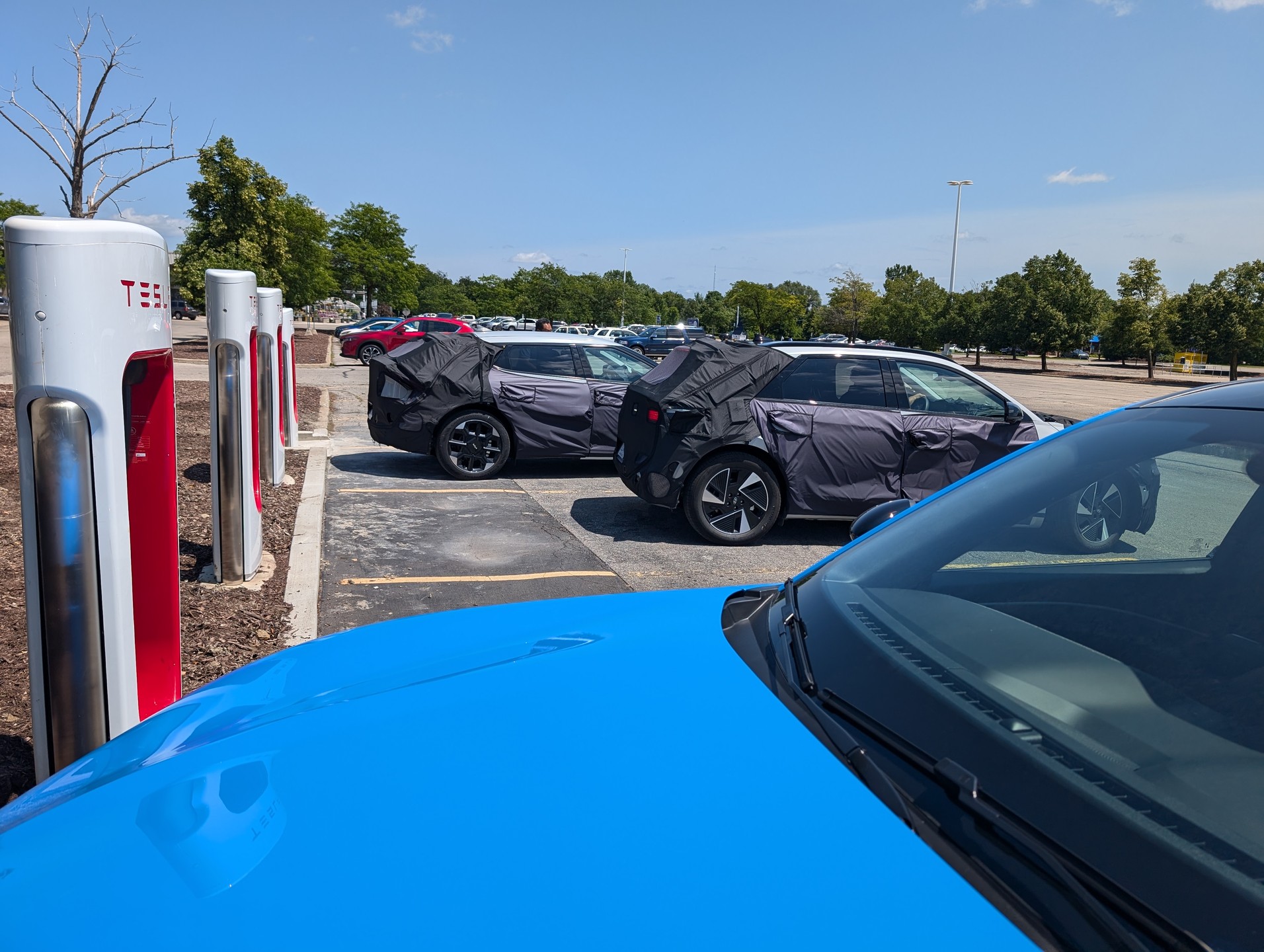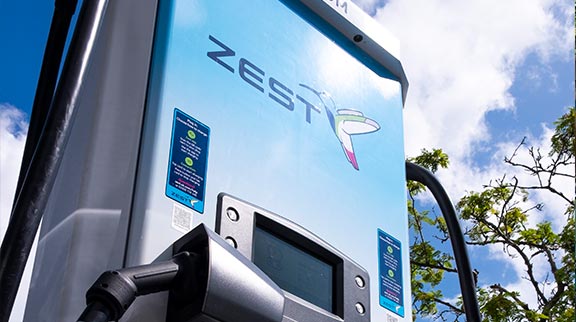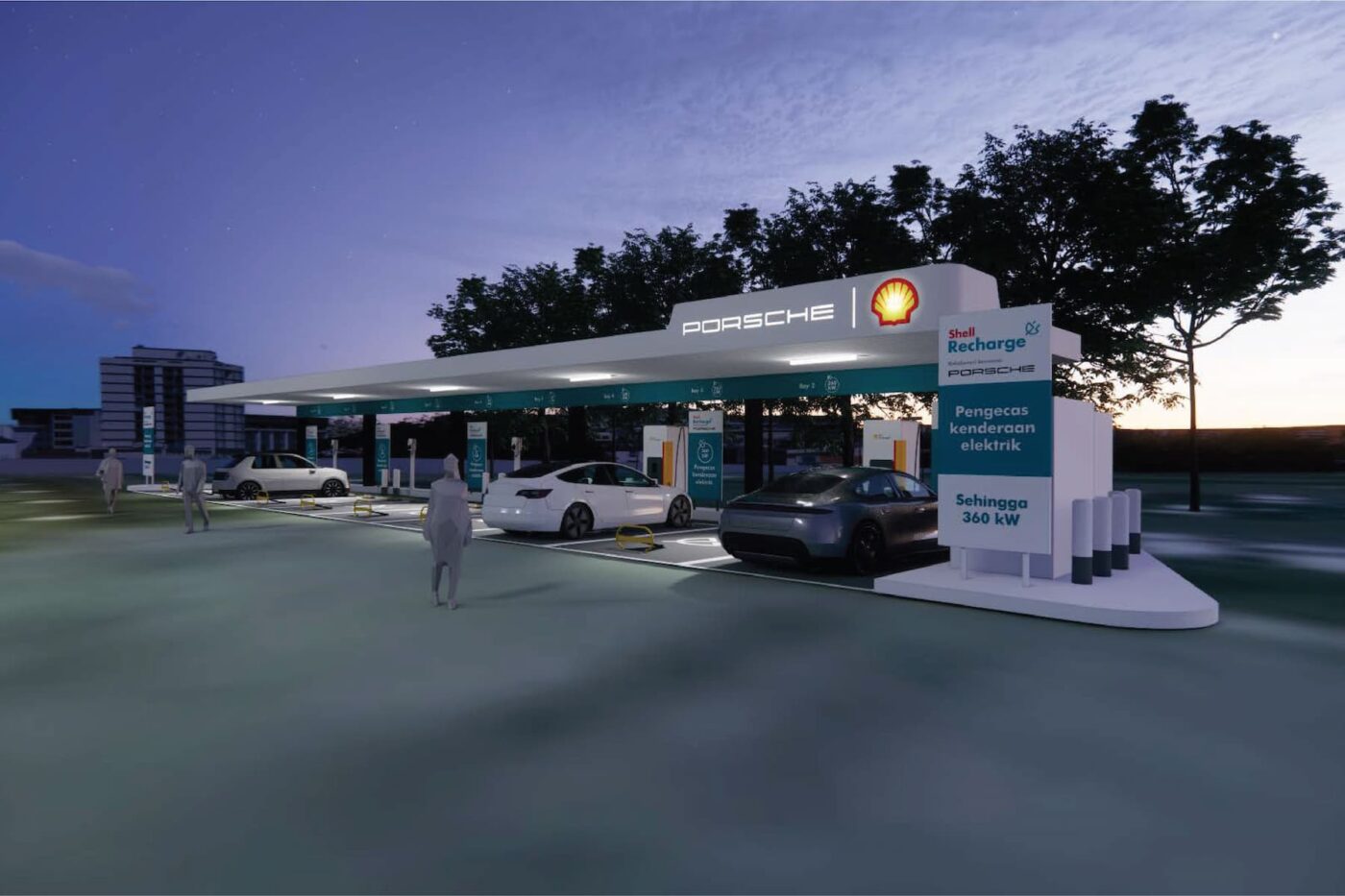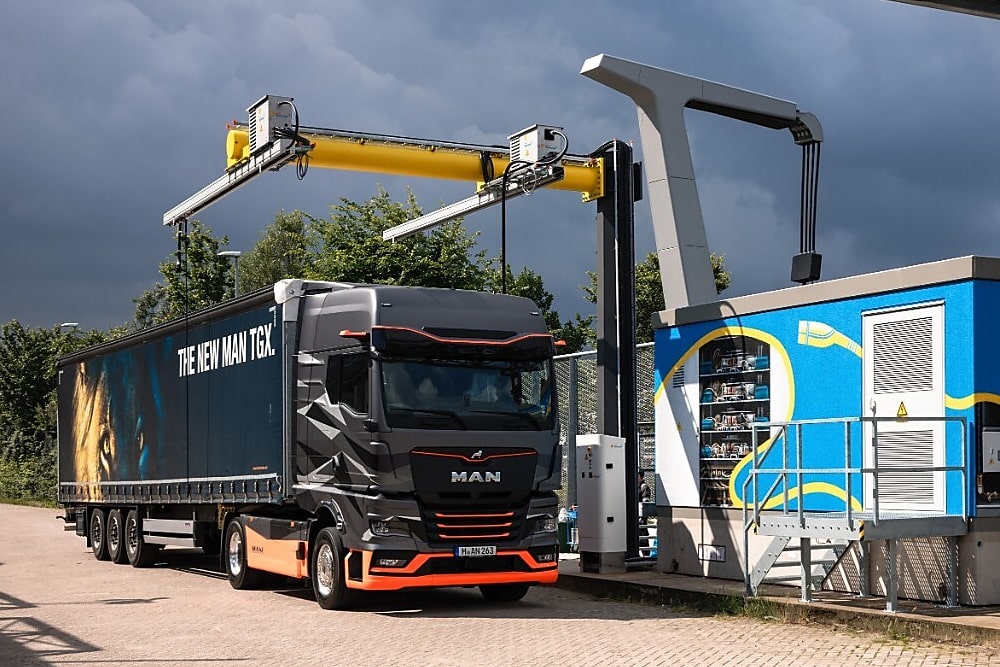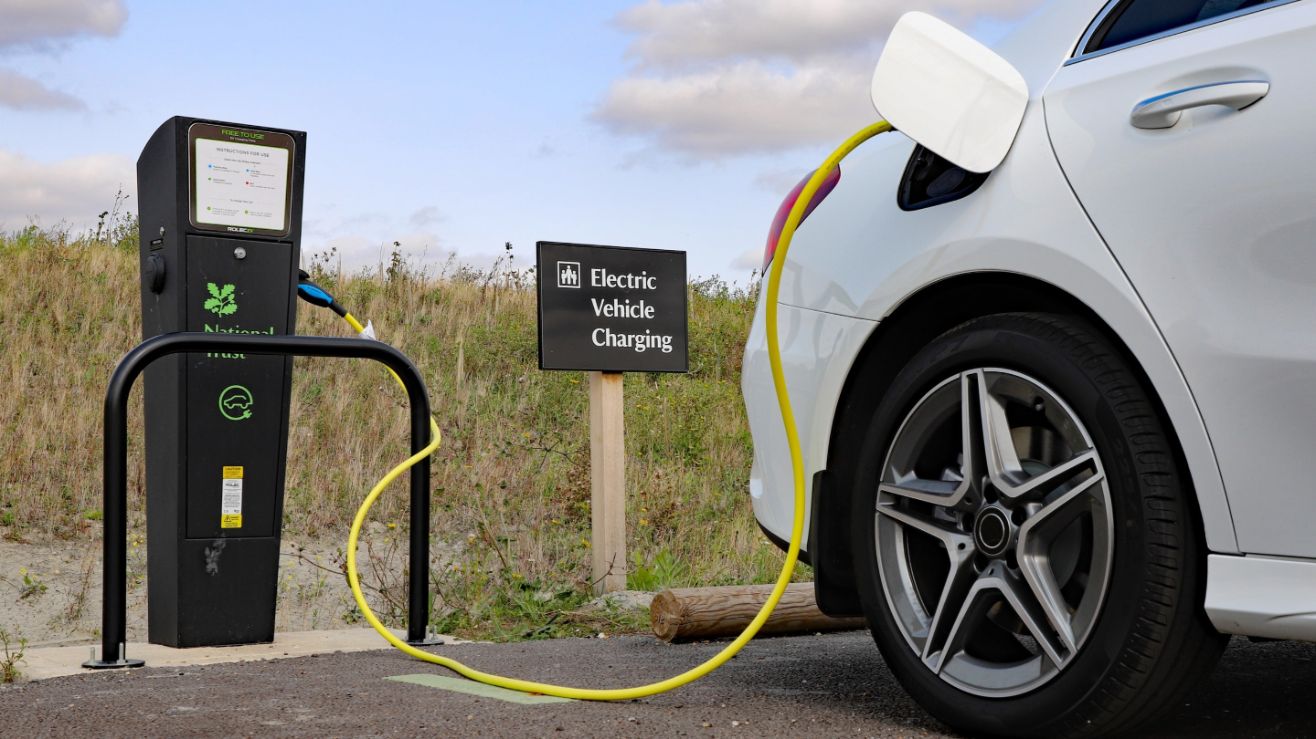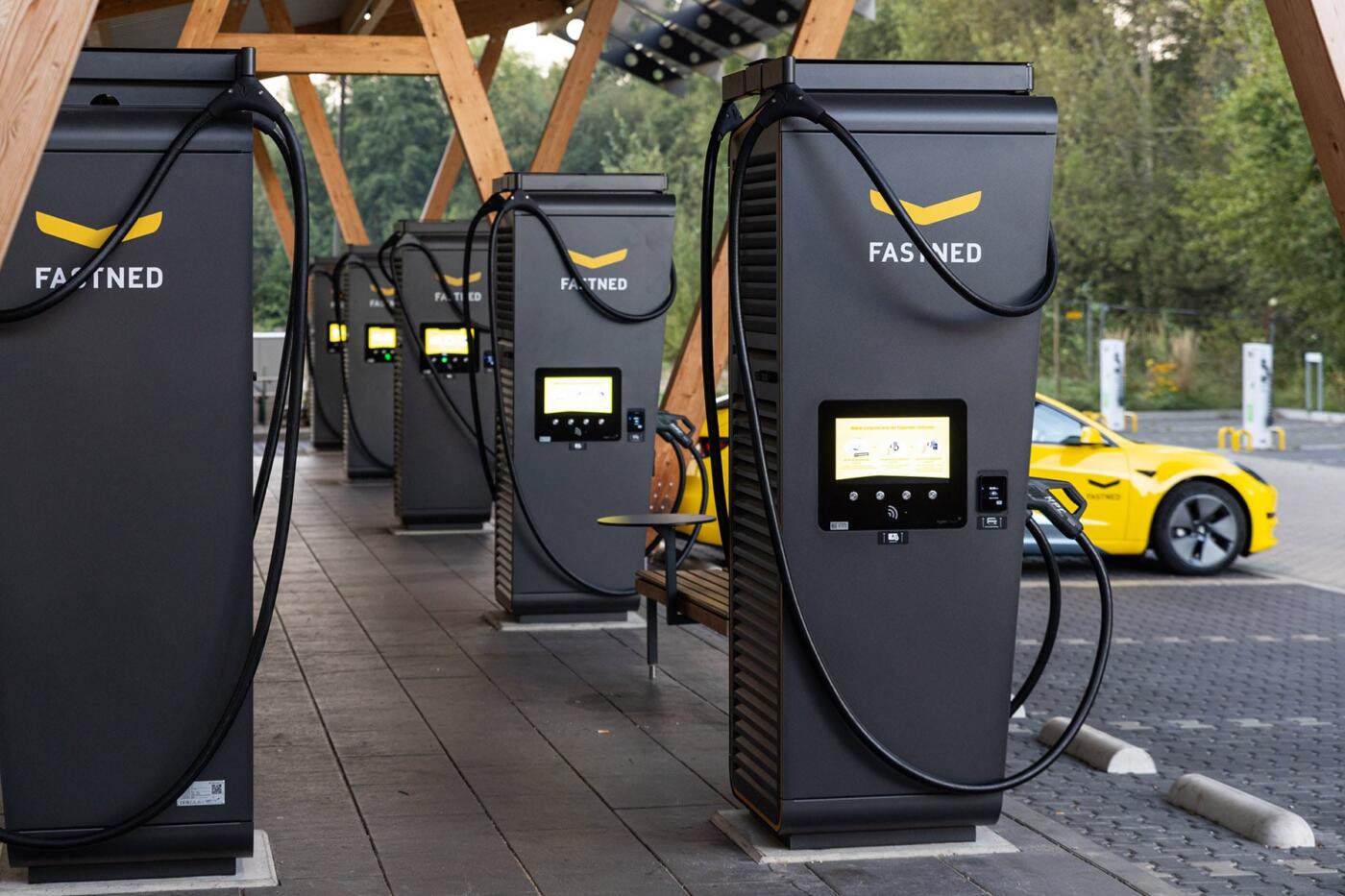French energy giant TotalEnergies and UK-based power firm SSE have announced a strategic joint venture named Source, aiming to secure a significant share of the electric vehicle (EV) fast-charging market across Britain and Ireland. The partnership, formed as a 50/50 collaboration, plans to deploy and manage up to 3,000 fast-charge points over the next five years, powered by renewable energy sourced from both parent companies.
“We aim to capture 20% of the fast-charging market in Britain and Ireland through our joint venture Source,” TotalEnergies and SSE stated on Tuesday.
These fast-charge stations, rated at 150 kilowatts (kW), utilize direct current technology and can charge an average EV battery from empty to full within 30 minutes to an hour, enhancing convenience for EV owners.
While specific financial details were not disclosed, TotalEnergies highlighted that current estimates for deploying 3,000 fast-charge points using direct current electricity amount to approximately 300 million euros.
TotalEnergies, which already operates a network of 2,500 charging points in and around London and 65,000 across continental Europe, predominantly comprising slow-charge stations using alternating current, emphasized the synergies between the companies.
“We have acquired a certain expertise in charging point management, construction, implementation, and client services … and SSE knows the integrated electricity grid aspect of the business well, so the partnership is very complementary,” explained Mathieu Solas, director of new mobility at TotalEnergies, during a media briefing.
The collaboration builds on their existing partnership in Scotland’s largest offshore wind farm, Seagreen, demonstrating their commitment to sustainable energy solutions amid regulatory shifts promoting zero-emission vehicles in the UK.
Major competitors like Shell and BP are also expanding their EV charging infrastructure in response to Britain’s legislative push towards zero-emission vehicles and Scotland’s ambitious goal of one million EVs on the road by 2030.

